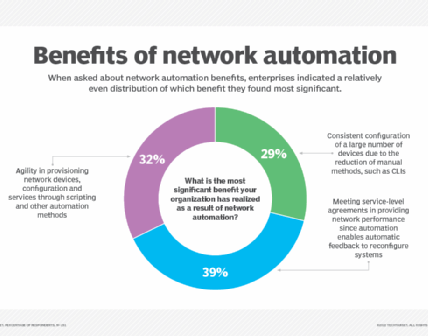In today’s rapidly evolving business landscape‚ companies are constantly seeking ways to streamline operations and improve efficiency. Outsourcing non-core tasks‚ such as data entry‚ has become a popular strategy to achieve these goals. However‚ selecting the right data entry outsourcing partner is crucial for success. A poorly chosen partner can lead to inaccuracies‚ delays‚ and ultimately‚ a negative impact on your business. This guide will help you navigate the selection process and ensure you find a partner that meets your specific needs.
Understanding Your Data Entry Needs
Before embarking on your search‚ it’s essential to clearly define your data entry requirements. This will help you narrow down your options and find a partner with the right expertise.
Defining the Scope of Work
Clearly outline the specific tasks you’ll be outsourcing. Consider the following:
- Volume of Data: How much data will be processed on a daily‚ weekly‚ or monthly basis?
- Data Types: What types of data will be involved (e.g.‚ customer information‚ financial records‚ product details)?
- Specific Skills: Are there any specialized skills required‚ such as data cleansing‚ data formatting‚ or data mining?
Evaluating Potential Partners
Once you have a clear understanding of your needs‚ you can begin evaluating potential outsourcing partners. Look beyond just price and consider the following factors:
Experience and Expertise
Choose a partner with a proven track record in data entry outsourcing. Experience speaks volumes.
Fact: A data entry outsourcing partner with a minimum of 5 years in the industry is generally a safe bet.
Security and Compliance
Data security is paramount. Ensure the partner has robust security measures in place to protect your sensitive information. Consider these aspects:
| Security Measure | Description |
|---|---|
| Data Encryption | Ensures data is protected both in transit and at rest. |
| Access Controls | Limits access to data to authorized personnel only. |
| Compliance Certifications | Look for certifications such as ISO 27001. |
Communication and Reporting
Effective communication is crucial for a successful outsourcing partnership. Establish clear communication channels and reporting procedures from the outset.
Fact: Regular status updates and transparent reporting mechanisms are vital for maintaining control and ensuring accountability.
FAQ ─ Frequently Asked Questions
This section addresses common questions regarding data entry outsourcing.
What are the benefits of data entry outsourcing?
Data entry outsourcing can lead to reduced costs‚ improved accuracy‚ and increased efficiency‚ allowing your internal team to focus on core business activities.
How much does data entry outsourcing cost?
Costs vary depending on the complexity of the project‚ the volume of data‚ and the location of the outsourcing partner. It’s best to obtain quotes from multiple providers.
How do I ensure data security when outsourcing?
Thoroughly vet potential partners‚ review their security protocols‚ and ensure they comply with relevant data protection regulations.
What is the typical turnaround time for data entry projects?
Turnaround time depends on the scope and complexity of the project. Establish clear deadlines with your chosen partner.
What happens if there are errors in the data entry?
Establish clear quality control procedures and error correction protocols with your partner. Regular audits are also recommended.
Choosing the right data entry outsourcing partner is a significant decision that can greatly impact your business operations. By carefully considering your specific needs‚ thoroughly evaluating potential partners‚ and prioritizing security and communication‚ you can find a reliable and efficient solution that allows you to focus on your core competencies. A well-chosen partner will not only streamline your data entry processes but also contribute to your overall business success. Take the time to do your research‚ ask the right questions‚ and build a strong‚ collaborative relationship with your chosen outsourcing provider. The investment in a quality partnership will pay dividends in the long run‚ freeing up resources and allowing your business to thrive.

